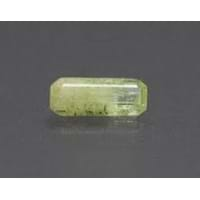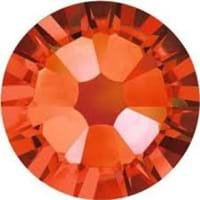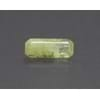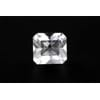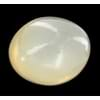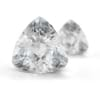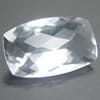Milarite and Hyacinth Physical Properties
Physical Properties
Tenacity
Not Available
Not Available
Solubility
Not Available
Not Available
Durability
Not Available
Not Available
Specific Gravity
2.52-2.60
3.93-4.73
Fracture
Uneven, Uneven, ConchoidalArthur Thomas, Gemstones (2009), Brittle, Metallic
ConchoidalArthur Thomas, Gemstones (2009), ConchoidalArthur Thomas, Gemstones (2009)
Cleavage
{0001} Imperfect, {1120} Imperfect
Not Available
Mohs Hardness
5.5-6
6.5-7.5
Chemical Composition
KCa 2AlBe 2Si 12O 30 · 0.5H 2OMichael OâDonoghue , Gems, Sixth Edition (2006) More from other references
ZrSiO 4Michael OâDonoghue , Gems, Sixth Edition (2006)
Milarite and Hyacinth Chemical Formula
While comparing Milarite and Hyacinth physical properties, the important data you should know is its chemical composition. Since chemical formula defines the molecular structure of the crystal, most of the physical properties like color, tenacity, solubility are governed by Milarite and Hyacinth chemical formula.
- Chemical formula of Milarite- KCa 2AlBe 2Si 12O 30 · 0.5H 2OMichael OâDonoghue , Gems, Sixth Edition (2006) More from other references
- Chemical formula of Hyacinth- ZrSiO 4Michael OâDonoghue , Gems, Sixth Edition (2006)
Milarite and Hyacinth Specific Gravity
Another important criteria for qualitative analysis of gemstones is Milarite and Hyacinth Specific gravity. Specific gravity is the relative density of a gemstone compared with respect to density of water. Gemologists use Milarite and Hyacinth Optical Properties during the identification of gemstone. Specific gravity of Milarite is 3.93-4.73 whereas that of Hyacinth is 3.93-4.73.
